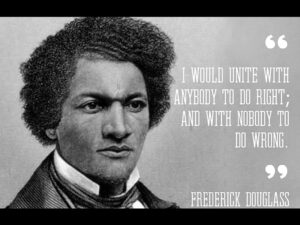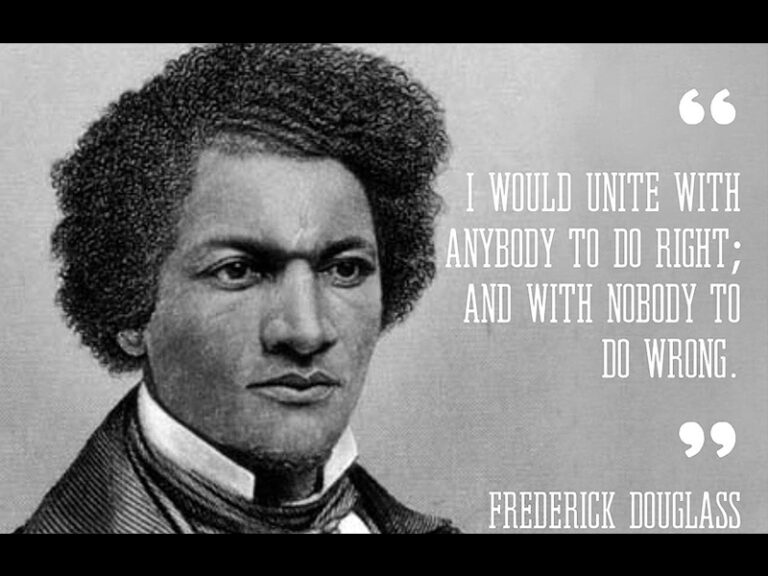Rosedale Technical Colleges Recognizes Black History Month
For the past 43 years during the month of February, the United States has celebrated the achievements of African-Americans during Black History Month. This is a nationwide celebration that calls on all Americans to reflect on the significant roles that African-Americans have played in shaping US history.
But how did this celebration come to be and why does it happen in February? Here are some interesting facts about significant events and people in black history.
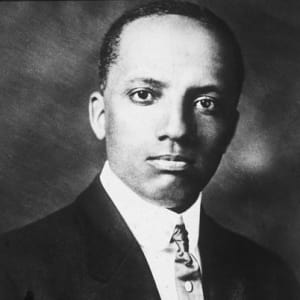 1. The Father of Black History
1. The Father of Black History
Carter G. Woodson is considered a pioneer in the study of African-American history and has been given much of the credit for Black History Month. Woodson was bothered by the fact that many textbooks and other historical reviews minimized or ignored the contributions of black figures so he took on the challenge of writing black Americans into the nation’s history. In 1926, Woodson developed a week dedicated to black history.
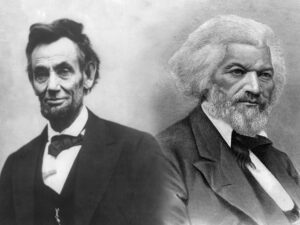 2. Why was the month of February chosen?
2. Why was the month of February chosen?
Historian Carter G. Woodson chose the second week of February for his celebration because it marks the birthdays of two men who he thought greatly influenced the black American population:
Frederick Douglass, who escaped slavery and became an abolitionist and civil rights leader; though his birthdate isn’t known, he celebrated it on February 14. President Abraham Lincoln, who signed the Emancipation Proclamation, which abolished slavery in America’s confederate states; he was born on February 12.
3. When did Black History Month become official?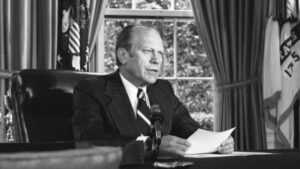
In 1976, President Gerald Ford made Black History Month official, saying that he was urging everyone to “seize the opportunity to honor the too-often neglected accomplishments of black Americans in every area of endeavor throughout our history.”
 4. National Association for the Advancement of Colored People (NAACP) will celebrate its 110th birthday.
4. National Association for the Advancement of Colored People (NAACP) will celebrate its 110th birthday.
The date of February 12, 1909, was chosen for the NAACP’s inception because it also marked the 100th birthday of President Abraham Lincoln. It’s America’s oldest civil rights organization, as well as its largest.
5. The first African-American woman to go into space 
Dr. Mae Jemison became the first African-American woman to go to space when she went into orbit aboard the Space Shuttle Endeavour in September 1992. She is also a trained medical doctor, served as a Medical Officer in the Peace Corps and currently runs BioSentient Corp, a medical technology company.
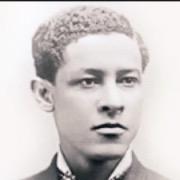 6. Leading Auto Industry Innovator
6. Leading Auto Industry Innovator
In 1932, Richard Spikes received a patent for an automatic gear shift for cars. He also invented automobile directional signals, which were first introduced in the Pierce Arrow, and soon became standard in all automobiles.

7. The first African-American woman was elected to the House of Representatives in 1968
Shirley Chisolm, represented New York in the House of Representatives. Just four years after she entered the House, in 1972, she became the first black candidate for a major party’s nomination in the race for President of the United States.
8. Impactful Innovator with over 60 Patents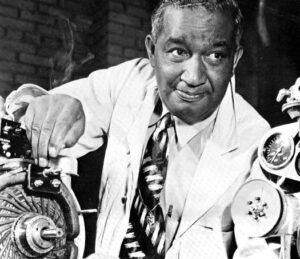
Frederick McKinley Jones is viewed as one of the most impactful innovators with having over 60 patents. His innovations in refrigeration brought great improvement to the long-haul transportation of perishable goods. During World War II, a need for a unit for storing blood serum for transfusions and medicines led Jones into further refrigeration research. For this, he created an air-conditioning unit for military field hospitals and a refrigerator for military field kitchens. As a result, many lives were saved.
9. The first African-American women to serve as a major general in the U.S. military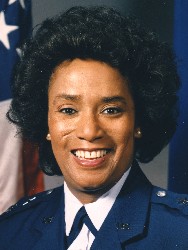
Marcelite J. Harris retired from the Air Force in 1997 as the nation’s highest-ranking black woman in the Department of Defense. She had and extensive list of accomplishment and jobs which many of them were “firsts” for women in the air force. She was the first woman aircraft maintenance officer, one of the first two women air officers commanding at the U.S. Air Force Academy, and the first woman deputy commander for maintenance. Marcelite was laid to rest in February of this month with full military honors in Arlington National Cemetery.
10. Countries around the world, including Canada and the United Kingdom, also devote a month to celebrating Black history.
